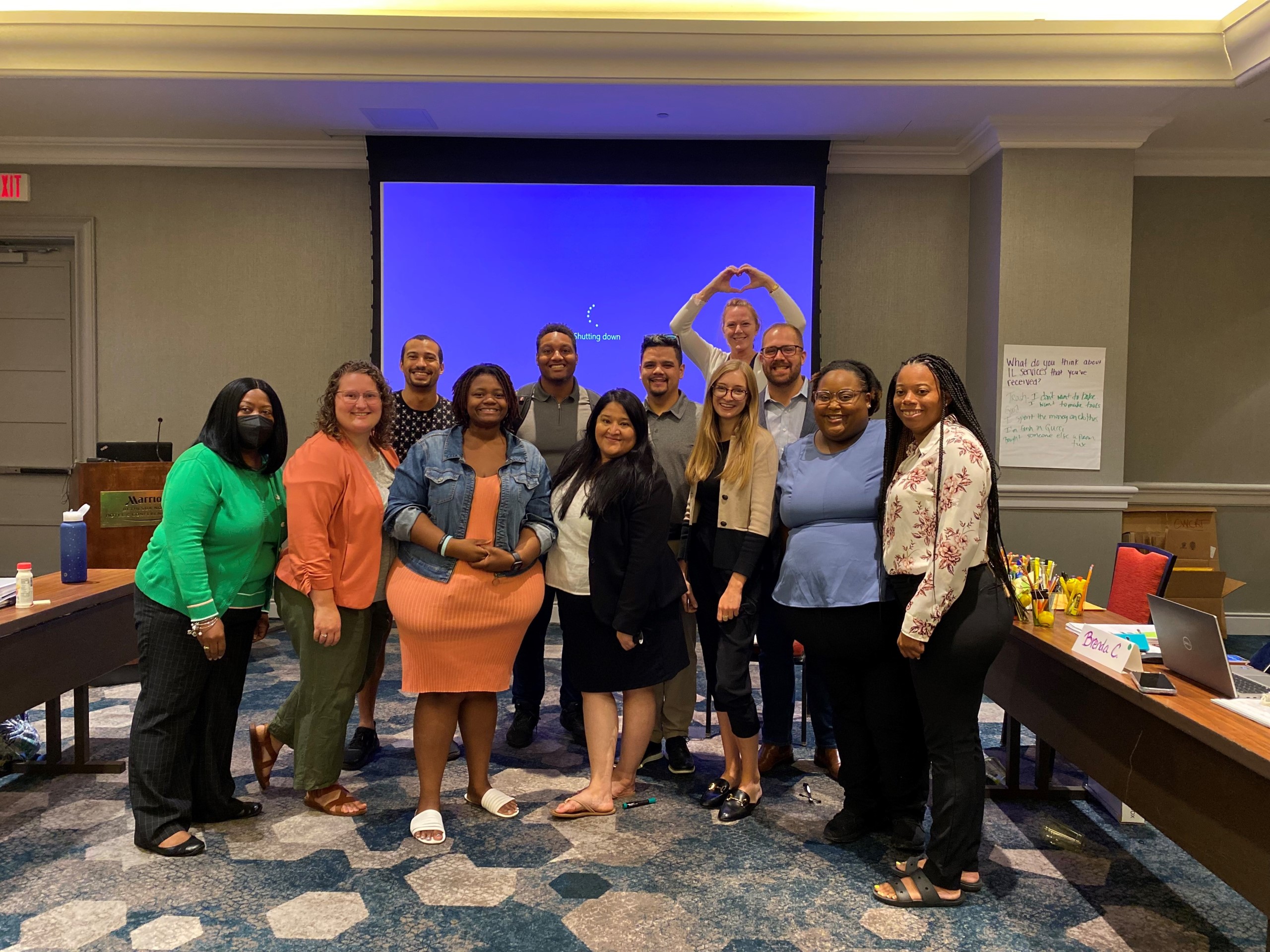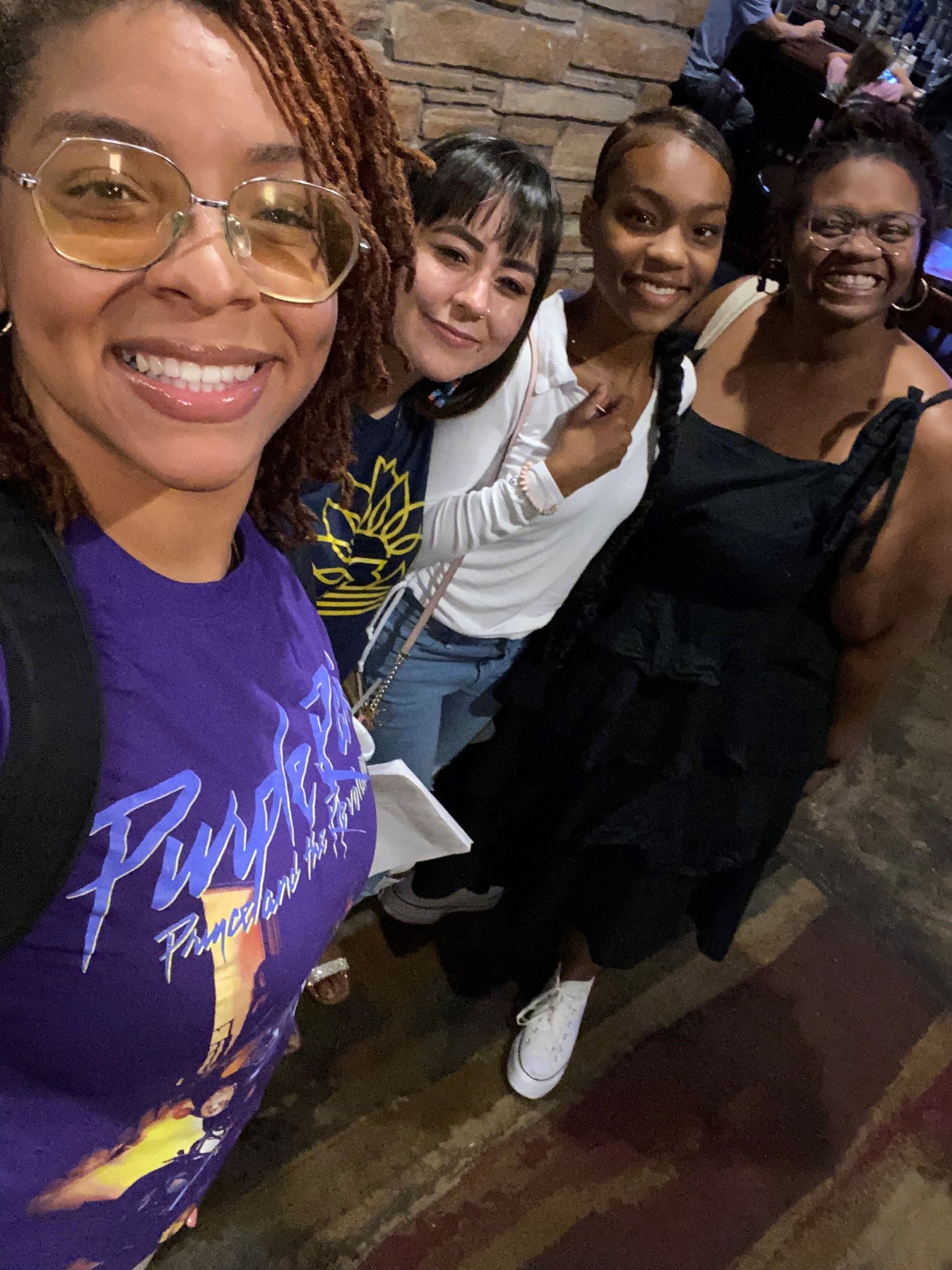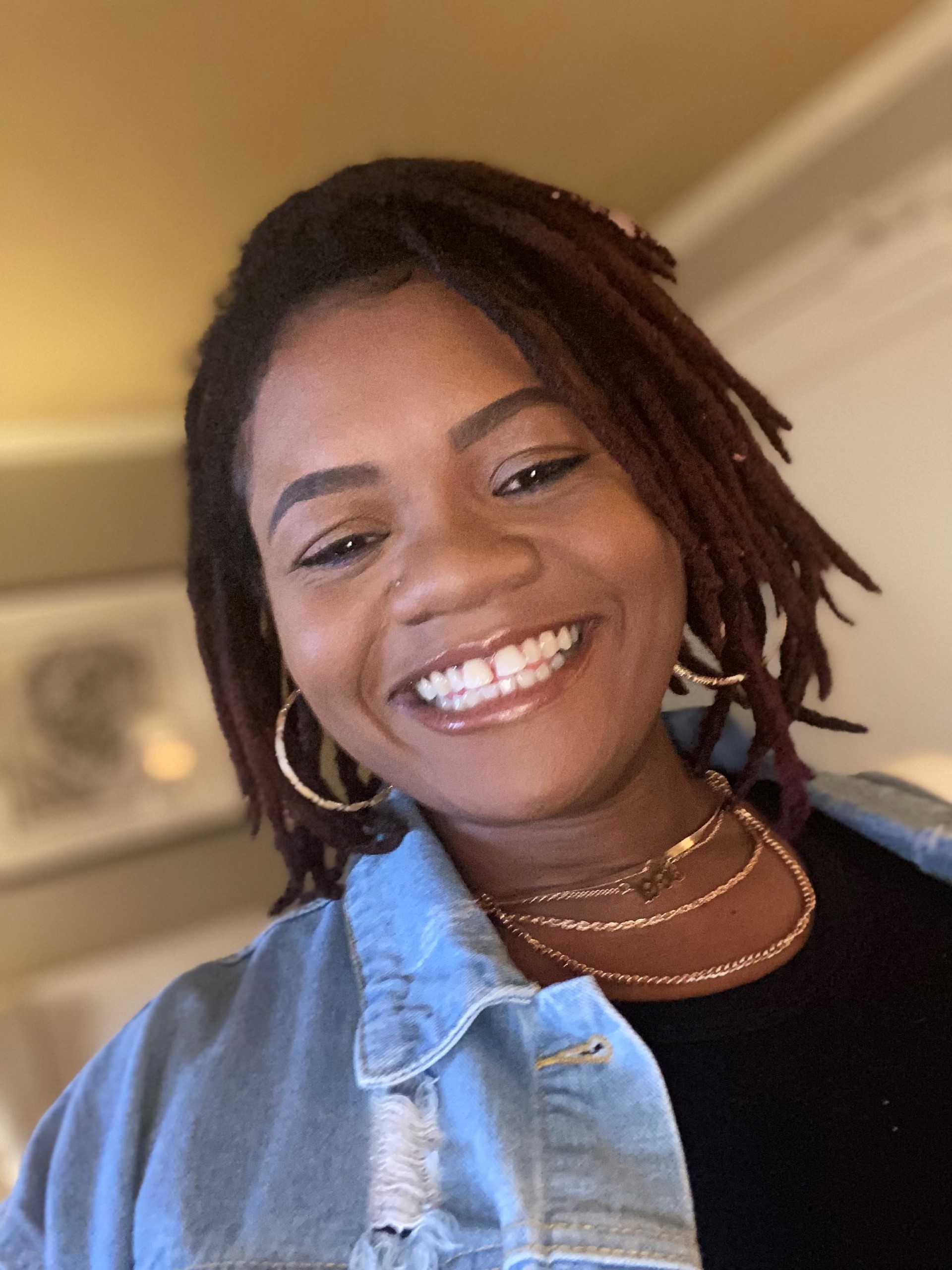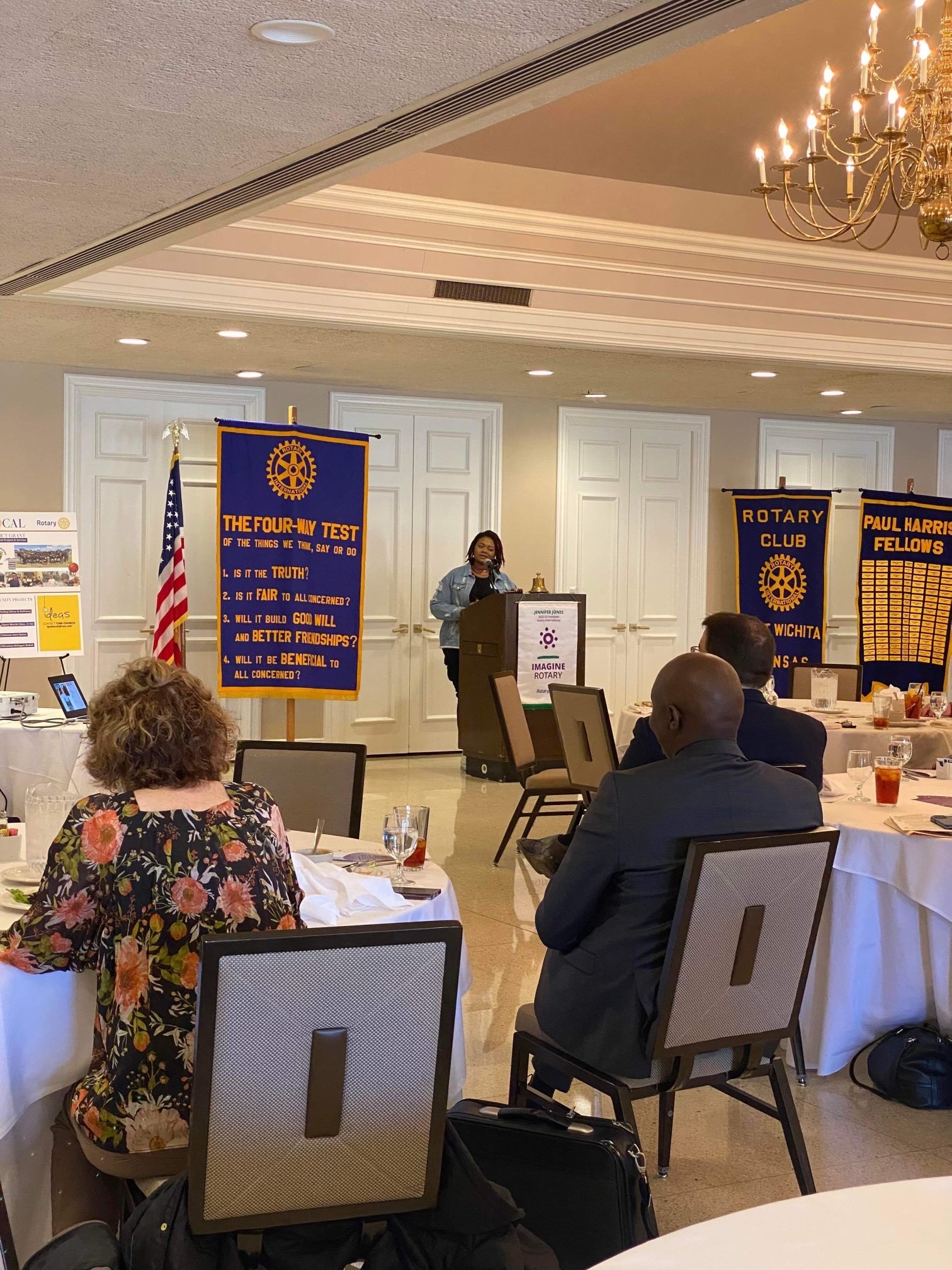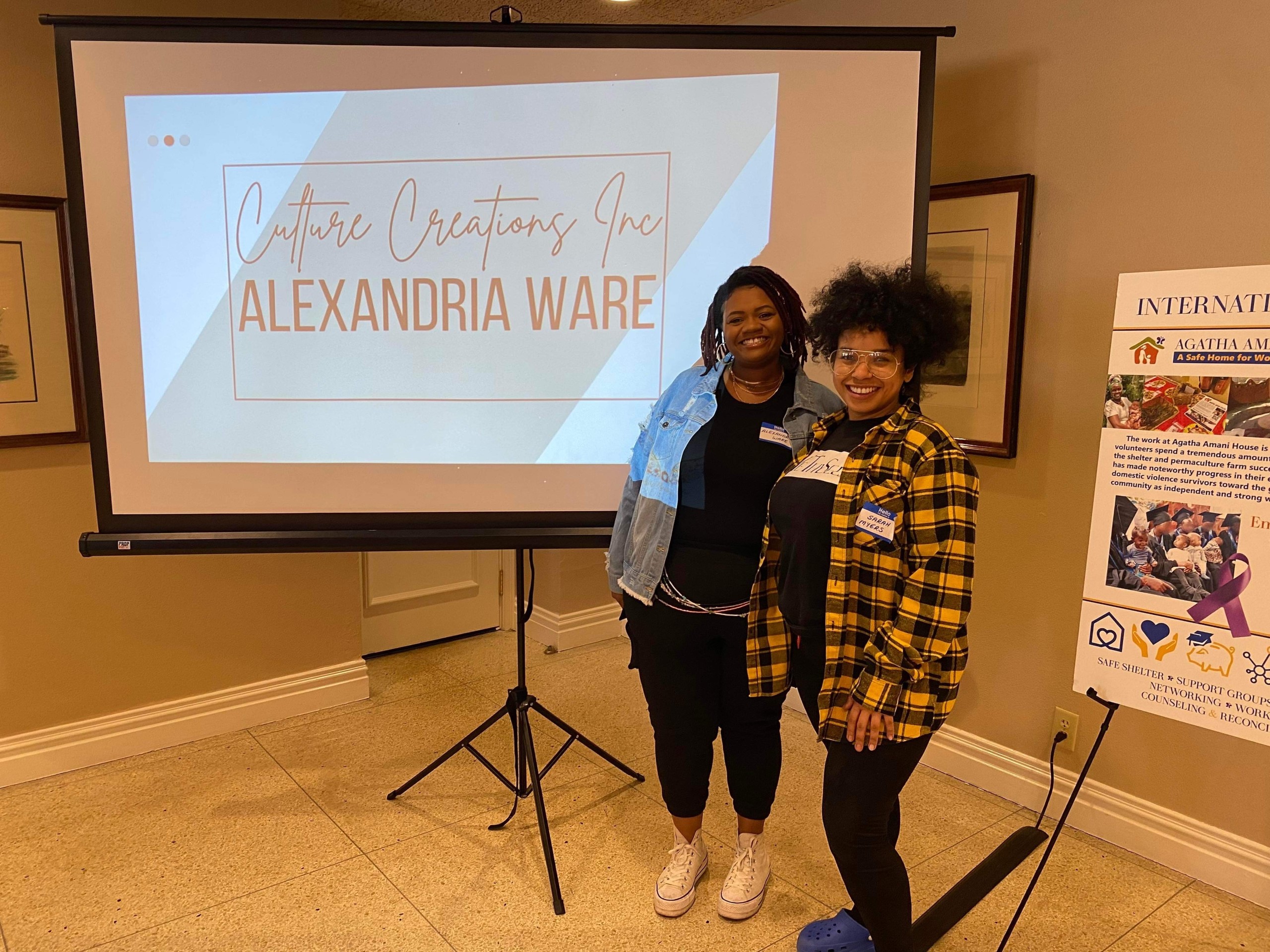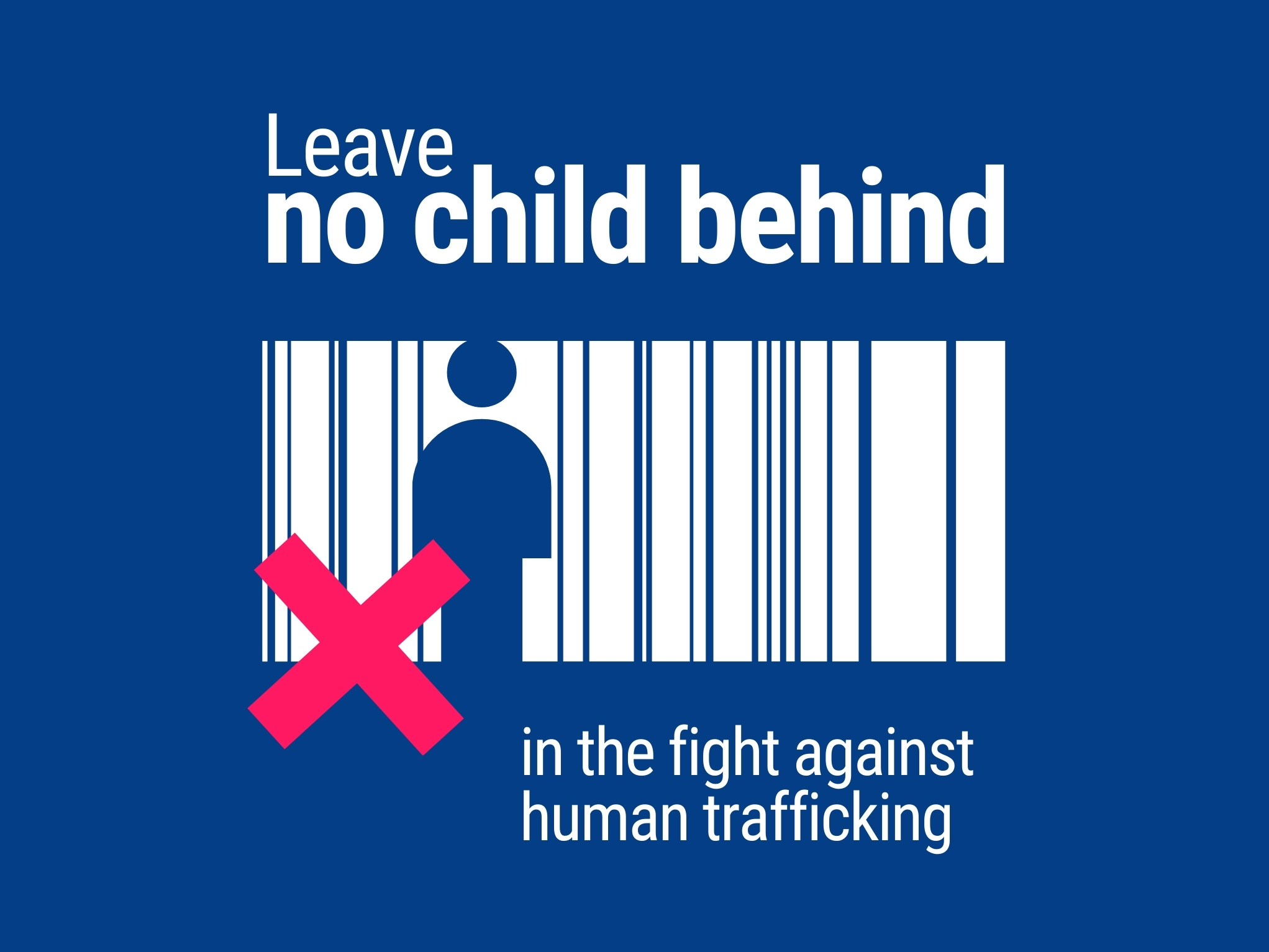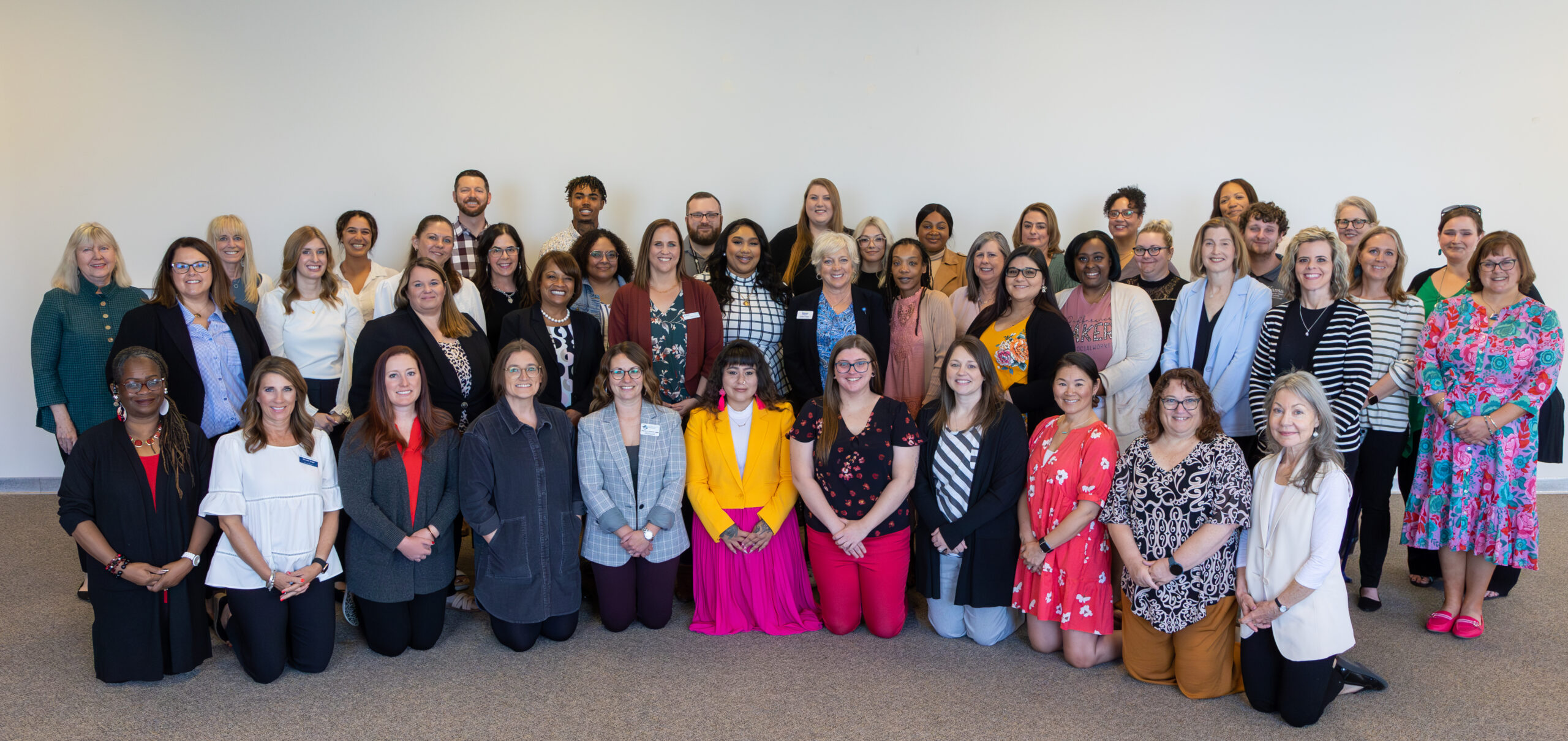As a former child in foster care, Kansas law provided for a college tuition waiver, and she took advantage of the opportunity if offered. She earned her bachelor’s degree in human development and family sciences, with a minor in conflict analysis and trauma studies from Kansas State University. Then she went to Oklahoma State University, where she earned a master’s degree in human development with an emphasis in child and family services. She wrote her thesis on single support for youth who grow up in foster care and served an internship with the Congressional Coalition on Adoption Institute in Washington, D.C. She also interned with the House Ways and Means Committee under chair Kevin Brady (R-TX). In short, she began to make a splash.
“I got to brief Congress and the White House Public Policy Council about support for young people in higher education. The statistics say that only three percent of former foster children will get their bachelor’s degree, and only 50 percent will graduate from high school. That’s not right. If we come from a system that took us from our parents, that said ‘We know better than your parents about how to raise you,’ then every single one deserves the resources they need to graduate from high school and to go to college if they want.”
Alexandria’s never had a problem advocating for herself, and she wants every youth who’s been in foster care to be able to do the same. That’s why in 2021 she founded her own nonprofit, Culture Creations, Inc., to give young people of color a chance at the same kind of future – and to help them discover who they really are as human beings.
“As a young Black person, I had tons of white foster parents, but I never had that sense of community, that sense of identity. I never even learned to wrap my own hair until I was 18 and already in college. It’s the same for LGBTQ+ kids. They need foster parents like them, and they need a community that can help them create their identity. No one really understands this unless they’ve been in the system. Looking back, therapy didn’t really help me heal from my trauma. Love did. When I look back, I can see that it’s always been when I felt loved. So, every young person who walks through the door at Culture Creations will feel the same.”
Now at 30, Alexandria sometimes feels uncomfortable with all the talk of her success. It’s a lot of pressure for young people already struggling with trauma to live up to such high expectations. And although her story might be described as a success for the child welfare system, she chooses to look at success differently.
“Success is not defined by the system; it’s defined by yourself,” she says. “For me, if I’ve helped one person, I’ve been successful. It’s about making these young people know they have a home, where they can heal, where they’re loved, and where they can create their own culture and identity. I don’t necessarily care about the numbers. Whether this nonprofit serves 5,000 or 10,000 kids, I care most about how that one person feels. That’s the measure of my success.”
Culture Creations works to create equity in the well-being of foster youths through advocacy, culturally affirming self-care, and preparation for a meaningful transition to life beyond foster care. We serve foster youths of color between the ages of 16 and 21. Culture Creations Inc focuses on relieving the disproportionate burden placed on them through cultural disconnection, higher rates of institutional placements, and higher rates of separation from their families. The nonprofit’s initiatives center on indigenous modes of healing, community, and transformation so that the young people they serve can transition out of foster care with support to lead holistically healthy lives. Learn more by visiting https://www.culturecreationsinc.co/.
